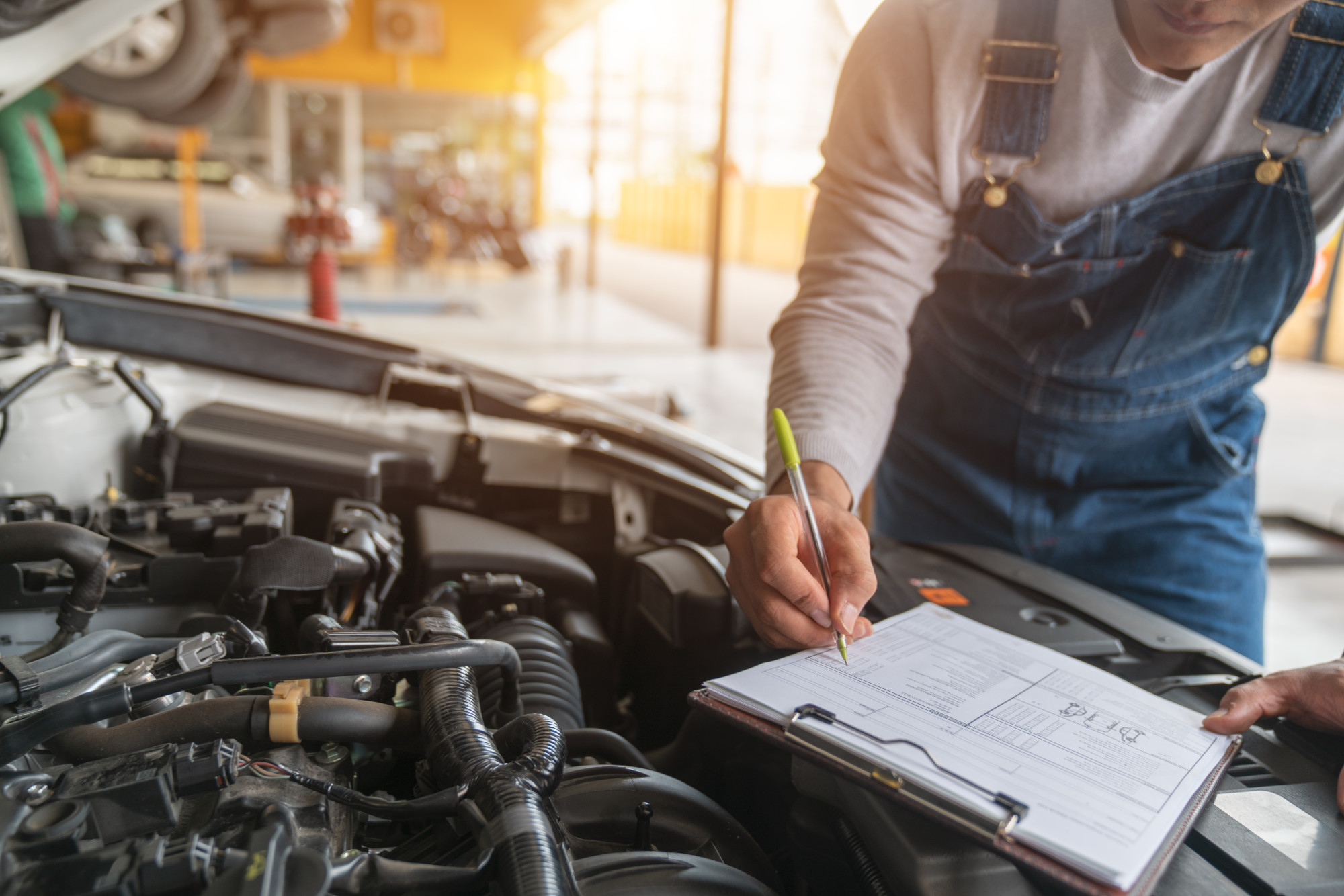- What Car Maintenance Means and Why It Matters
- Practical Car Care Tips to Do at Home
- Creating a Simple Car Maintenance Plan
- FAQ
Caring for your car doesn’t have to be complicated. With just a few simple maintenance routines, you can keep your vehicle in excellent shape, improve safety, and potentially save thousands in repair costs. This guide takes you through the must-know basics of car care, so you’ll always feel confident behind the wheel.
What Car Maintenance Means and Why It Matters
Car maintenance, or car care, refers to the regular checkups and simple tasks you perform to ensure your vehicle stays in top condition. This includes everything–from keeping it clean and inspecting fluids to checking tire pressure and arranging professional servicing. Proper care not only prevents the risk of breakdowns but also extends your car’s lifespan.
Why You Need Consistent Vehicle Care
Taking care of your car isn’t just about keeping it shiny; it’s key to ensuring safe, stress-free driving. Here’s why staying on top of your car’s needs pays off:
Safety First:Well-maintained tires, brakes, and lights reduce the likelihood of accidents during bad weather or emergency situations.
Avoiding Costly Repairs:Neglecting simple maintenance jobs may lead to serious mechanical failures, which can cost thousands of AED/SAR.
Improved Performance:Regular tune-ups ensure your car drives smoother, uses fuel more efficiently, and maintains engine health.
Increased Resale Value:A properly maintained car fetches a higher price when it’s time to sell.
Practical Car Care Tips to Do at Home
Many car care tasks can be done at home without specialized tools. Here are some simple practices for any car owner:
Washing Your Car Regularly
A clean car not only looks good but also prevents road grime, dust, and acidic substances like bird droppings from damaging your car’s paint. Below are easy steps to wash your car properly:
Start by rinsing off your car with water to remove loose dirt.
Mix mild car soap with water and scrub with a soft sponge.
Pay extra attention to areas like wheels and the rear bumper.
Rinse the soap away thoroughly using clean water.
Dry using a microfiber cloth to avoid streaks.
Tip:Avoid washing your car under direct sunlight, as streaks and water spots can form as the water dries too quickly.
Checking Key Car Fluids
Fluids such as oil, coolant, and brake fluid play an important role in your car’s performance. Regular inspections can prevent issues like engine overheating or brake failure. Here's what to look for:
Engine Oil:Check the dipstick to ensure oil levels are between minimum and maximum marks. Top up if needed.
Coolant:Look for the coolant reservoir under your hood and make sure the fluid level stays between the minimum and maximum lines.
Brake Fluid:Inspect the fluid reservoir and ensure it’s properly filled for effective braking.
Tip:Whenever topping up fluids, avoid mixing brands or types unless stated in the owner’s manual.
Inspecting Tires and Tire Pressure
The condition of your tires directly impacts safety, fuel efficiency, and overall driving comfort. Follow these tire care tips:
Use a tire pressure gauge to check that each tire maintains the recommended psi (usually mentioned in your car manual).
Look for any unusual wear patterns, cracks, or embedded objects.
Rotate your tires at least once every 6-12 months for even wear.
Creating a Simple Car Maintenance Plan
A maintenance plan is invaluable for staying organized and ensuring every aspect of your vehicle gets the attention it needs. Create a habit of following these schedules:
A Basic Car Care Timeline
Task | Frequency |
|---|---|
Oil Change | Every 4-6 months |
Tire Rotation | Around every 10,000 km |
Air Filter Check | Annually |
Spark Plug Inspection | Every 30,000 km |
Tip:Always consult your car’s manual for specific guidance on intervals and procedures customized for your make and model.
Common Car Care Mistakes to Avoid
Even the most cautious drivers make mistakes when caring for their cars. Here are the common pitfalls and how to avoid them:
Skipping Routine Checks:Neglecting basic inspections can allow problems to grow unnoticed.
Using Incorrect Products:Aggressive cleaners or unsuitable fluids can harm your car’s paint, engine, or interior materials.
Ignoring Warning Signs:Strange noises, smells, or dashboard alerts should never be ignored—these signals often point to underlying mechanical issues.
FAQ
Q:How do I know if my car needs fresh oil?
A:Dip the oil stick into the reservoir and observe the color and consistency. Fresh oil looks clear and golden, while old oil appears dark and gritty. Typically, your oil should be replaced every 4-6 months.
Q:What is the simplest way to clean car seats?
A:Use a damp cloth soaked in mild soap water to gently wipe the fabric or leather seating. Avoid soaking the seat excessively as it could lead to mold buildup.
Q:Is tire rotation necessary for all cars?
A:Yes, rotating your tires ensures even wear across all four tires, improves handling, and increases mileage. Schedule rotations every 6 months or during routine inspections.
Q:Why does car care feel expensive over time?
A:While some professional services cost more upfront, DIY car care tips like regular cleaning and fluid checks can significantly reduce long-term expenses. Stick with essentials and avoid purchasing unnecessary add-ons.
Q:How do I maintain my car’s looks in extreme weather?
A:Protect your car from excessive heat or cold by parking in shaded areas, using protective covers, and regularly washing off dirt and road salt.
Read More:
Renault Kwid:Your Guide to 2025's Top Compact SUV
Salik Activation:Simple Guide to Fast-Track Your Dubai Travel












